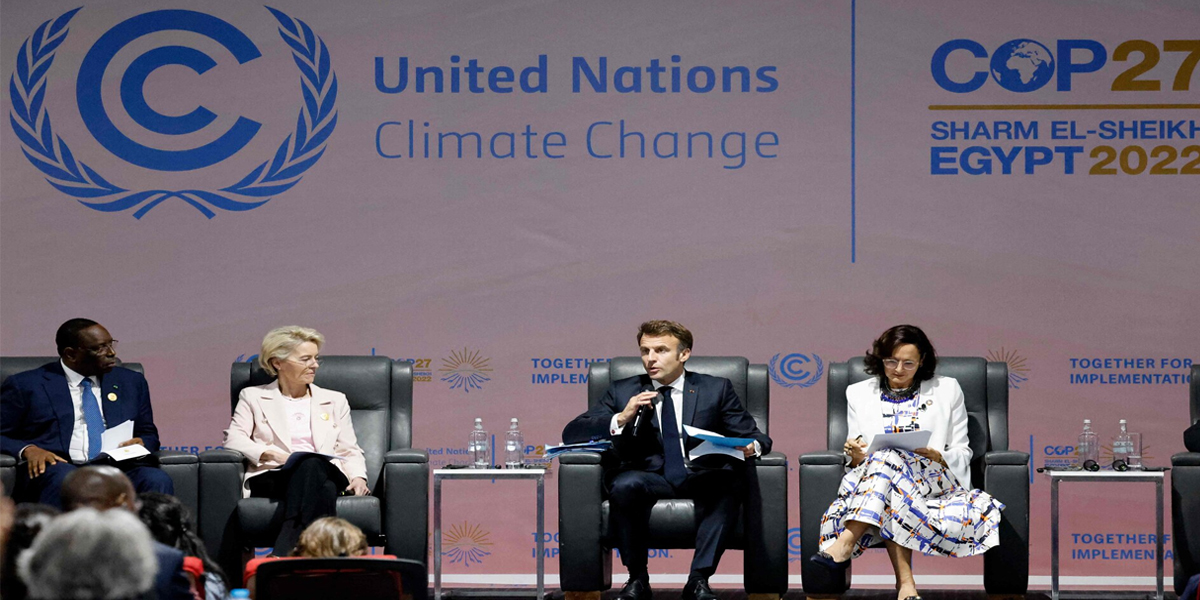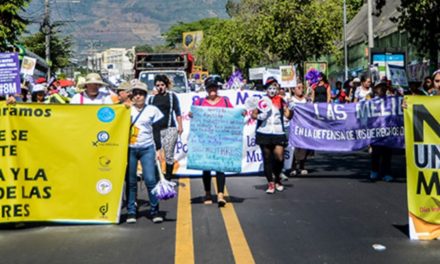More powerful nations may send pledges and donations to less fortunate states hit by climate disasters, but they are notorious for drawing back when it comes to actually paying up.
This was the scenario that played out during the UN COP27 summit held in Egypt last week with the European Union, United Kingdom, and United States forming a coalition of sorts against the establishment of a new fund that would help developing nations to bounce back from the devastating impact of natural disasters. It was a serious disappointment for developing nations which, despite contributing the least to ecological destruction, have borne the brunt of the adverse effects of climate change.
According to an EU official involved in the negotiations, the new bloc refuses to sign off on a binding agreement for this proposed loss and damage fund unless they agree to the terms and conditions behind it. Furthermore, the EU expressed its belief that the COP27 agreement should include a secondary document stating that such a fund would need additional research and discussion, as well as a solid solution by 2024.
The UK submitted their own proposal wherein its officials wanted to set up a process leading to a solid loss and damage funding solution by 2024. The United States, on the other hand, only committed to discuss loss and damage compensation, but have yet to explain the sort of compensatory solution they wish to support; they also expressed that they, too, wanted the issue resolved by 2024.
Serious Disappointment
This delay being imposed by three of the richest states in the globe means that countries already affected by climate change came away from the summit empty-handed.
Maldivian environmental minister Shauna Aminath, in particular, stated that she did not want to leave the summit with nothing in hand. However, agreeing to the proposed delay was essentially sending people home with nothing.
The way richer nations hedged on the formation of the loss and damage fund cast a damper on the summit where many arrived optimistic that these wealthy countries – the source of most of the pollutants which have damaged the environment – would take responsibility and compensate those who suffered from their environmental negligence.
However, American and European leaders say that it is unlikely that they can get any reparatory funding passed through their respective governments which are, at present, floundering through their own climate change / carbon neutrality commitments. But developing nations are not buying their story, citing how quickly these governments were to shell out funds to contain the spread of COVID-19 over the past couple of years.














